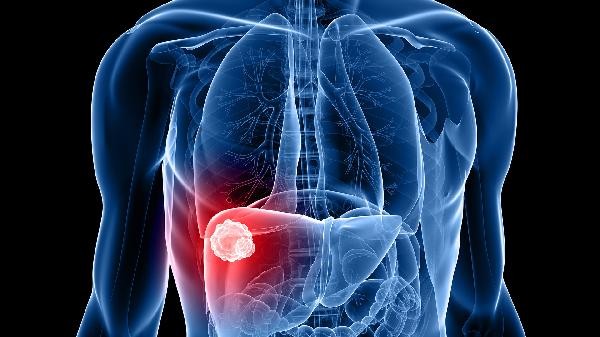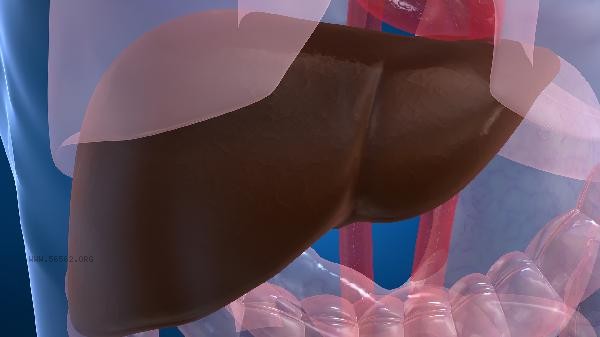There is a certain correlation between bile reflux and emotions, and long-term negative psychological states such as anxiety and depression may affect gastrointestinal motility and sphincter function through neural regulation. The main causes of bile reflux include a history of gastric surgery, abnormal pyloric function, gastrointestinal hormone disorders, dietary stimulation, and mental stress.

1. Neuroregulation imbalance
Emotional fluctuations can activate the limbic system of the brain, affecting gastrointestinal autonomic nervous function through vagus nerve conduction. When the human body is in a state of tension, excessive excitation of the sympathetic nervous system may lead to relaxation of the pyloric sphincter and reverse flow of duodenal contents into the stomach. This neurological gastrointestinal axis disorder is common in individuals with long-term hypertension, manifested as postprandial bloating, bitter mouth, and other symptoms.
2. Abnormal hormone secretion
Psychological stress can promote the release of adrenal cortex hormones, which can inhibit the secretion of gastric antral contraction hormone and weaken gastrointestinal motility rhythm. At the same time, under stress, the secretion of cholecystokinin increases, leading to excessive discharge of bile. The synergistic effect of these two hormones may disrupt the normal emptying function of the digestive tract and increase the probability of reflux.
3. Increased visceral sensitivity
Emotional disorders are often accompanied by visceral hypersensitivity, and even mild reflux can cause a significant burning sensation. This perceptual abnormality is related to the amplification of pain signals by the central nervous system, which may form a vicious cycle of nausea anxiety. About half of patients with functional dyspepsia have comorbidities of anxiety and depression.

4. Changes in behavioral patterns
When feeling down, it is easy to engage in behaviors such as overeating, smoking, and excessive drinking, which can directly stimulate bile secretion. Some people may involuntarily swallow air under pressure, leading to an increase in gastric pressure. Insomnia caused by nighttime anxiety can also disrupt the gastrointestinal biological clock and affect the self repair of the digestive system.
5. Decreased immune function
Chronic stress state can reduce prostaglandin synthesis in gastric mucosa and weaken mucosal barrier defense ability. When bile acids come into contact with damaged mucous membranes, they are more likely to trigger inflammatory reactions. This pathological change is common in patients with long-term depression and may progress to reflux gastritis or even Barrett's esophagus.

It is recommended that individuals with symptoms of bile reflux maintain a regular daily routine, adopt a small and frequent diet to reduce stomach burden, and avoid high-fat and spicy food stimulation. You can try stress relieving exercises such as mindfulness meditation to regulate autonomic nervous system function. It is not advisable to lie flat within two hours after a meal. If there is persistent pain behind the sternum or weight loss, timely gastroscopy should be performed to rule out organic diseases. Psychological intervention combined with gastrointestinal motility drugs has a significant effect on reflux caused by psychosomatic factors.








Comments (0)
Leave a Comment
No comments yet
Be the first to share your thoughts!